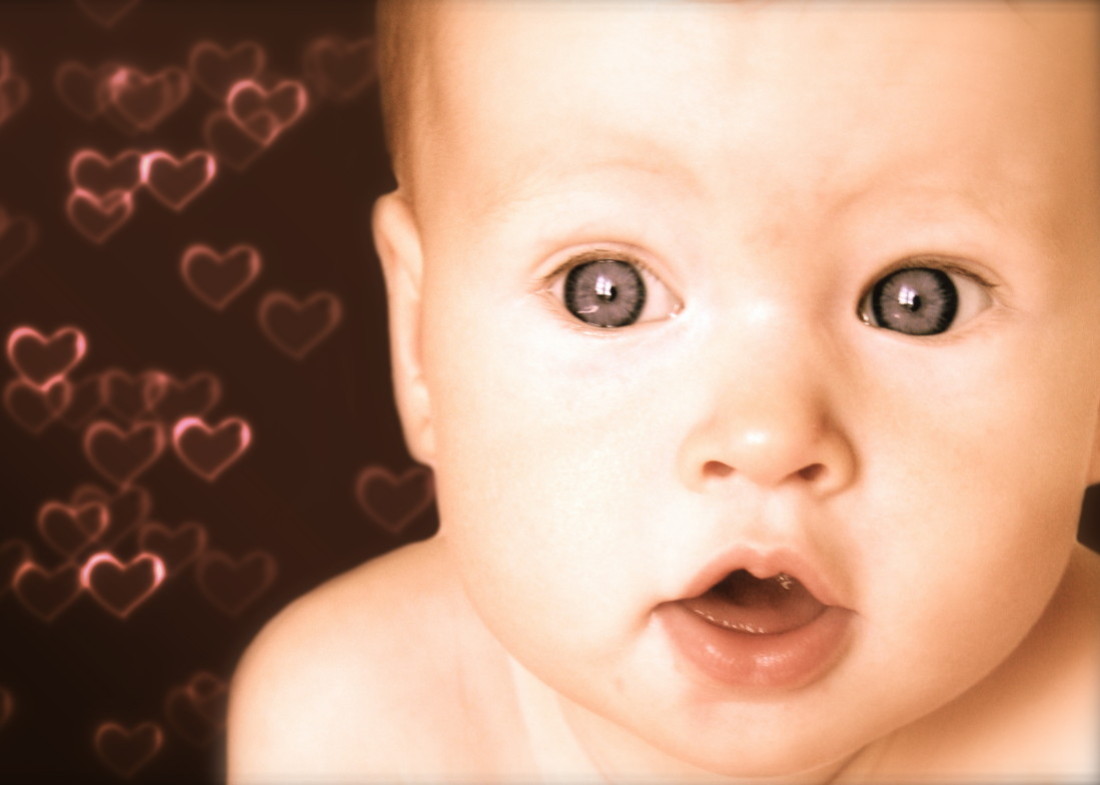Maafa 21: Black Genocide in 21st Century America

Maafa 21: Black Genocide in 21st Century America is a 2009 pro-life documentary film which draws a connection between the targeting of African Americans by the eugenics movement in the United States in the 19th and 20th centuries, and the modern-day prevalence of abortion among African Americans. The film argues that abortion is an attempted genocide or maafa of black people, and has been so since the 19th century.












